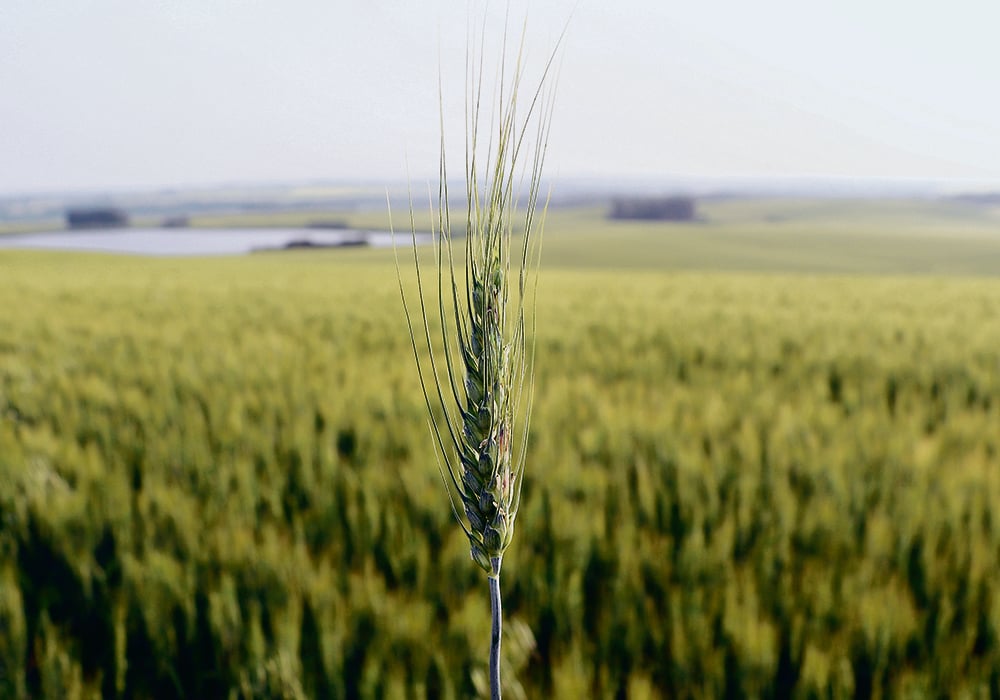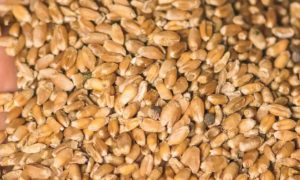Agriculture records $1.47bn trade surplus in the second quarter

In the second quarter of 2024, South Africa’s agriculture exports fell slightly by 0.1% year-on-year to $3.37 billion, following a 6% increase in the first quarter. The decrease reflects lower prices and reduced volumes of key products like citrus, maize, and wine. Despite this, port efficiency improved compared to 2023, indicating logistical issues were not a major factor. South Africa remains a leading exporter in Africa, with the EU, Asia, and the Middle East as key markets. Imports increased by 5% to $1.89 billion, mainly for wheat, rice, and palm oil, resulting in a $1.47 billion trade surplus. Agbiz highlights the need for better logistics, market retention, and strategic export expansion.
South Africa’s agriculture exports decreased by 0.1% year-on-year in the second quarter of the year to $3.37-billion.
This followed a 6% year-on-year growth rate in the first quarter of the year.
The decrease in the second quarter, relative to the second quarter of last year, reflects the moderation in the prices of some agriculture products and a decline in volumes.
The top exported products by value in the second quarter were citrus, apples, pears, maize, wine, dates, pineapples, avocados, sugar, grapes, fruit juices, nuts and wool.
Agricultural Business Chamber of South Africa (Agbiz) reports that while the value of the exports was down slightly in the second quarter, compared with the same quarter of last year, the efficiency at the ports was much better than what stakeholders experienced in 2023.
This showed that the decline in export value was owing to price factors and a challenging domestic production environment, specifically in grains and oilseeds, rather than a logistics problem.
From a regional perspective, South Africa still accounts for the majority of agriculture exports in Africa, accounting for 42% of total value.
The African market’s main exports are maize, maize meal, sugar, apples, pears, wheat, soybean oil, fruit juices, ciders and wine, while exports to the second-largest agricultural market, Asia and Middle East, typically encompass citrus, apples, pears, wool, nuts, sugar, beef, sheep and goat meat, berries, wine and maize.
The EU remains South Africa’s third-largest agricultural market in the second quarter, accounting for 19% of the country’s exports. Citrus, dates, avocados, figs, mangos, guavas, apples, pears, wine, grapes, fruit juices, wool and nuts are among the primary agriculture products that South Africa exported to this region in the reporting quarter.
The Americas region accounted for 6% of South Africa’s agriculture exports, while the UK accounted for 12% of exports.
Conversely, South Africa imported $1.89-billion worth of agricultural produce in the second quarter, marking a 5% year-on-year increase. South Africa typically imports products such as wheat, palm oil, rice and poultry.
South Africa imports nearly half of the country’s yearly wheat consumption owing to a notable decline in production in the Free State, owing to unfavourable weather conditions and profitability challenges related to wheat, compared with other crops. The country also lacks favourable climatic conditions to grow rice and palm oil, while it sometimes needs to supplement its local chicken production with imports to meet demand.
Ultimately, South Africa’s agriculture sector recorded a trade surplus of $1.47-billion in the second quarter, which marked a 6% decrease compared with the second quarter of last year.
Agbiz says while exports decreased somewhat in the second quarter, the figures remain encouraging.
The organisation lists points of focus for policymakers to ensure higher growth in the sector as being continued improvement of logistical infrastructure efficiency, retention of markets in the EU, Africa, Asia, the Middle East and the Americas and export expansion into more strategic markets.
Agbiz lists some of the strategic export markets for South Africa’s agriculture sector as being South Korea, Japan, Vietnam, Mexico, Taiwan, the Philippines and Bangladesh.
Agbiz concludes that the outcome of the fifteenth BRICS conference in terms of agriculture was that deepened trade is necessary through lower import tariffs and fewer biosecurity barriers. “This must remain on the agenda and South Arica must work to persuade other BRICS+ members to prioritise resolving this trade-threatening issue.”
Source Link : https://m.engineeringnews.co.za/print-version/agriculture-records-147bn-trade-surplus-in-the-second-quarter-2024-08-20














